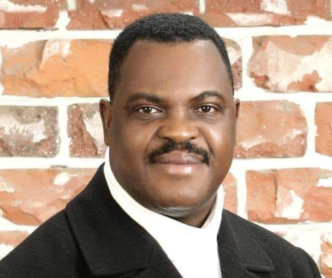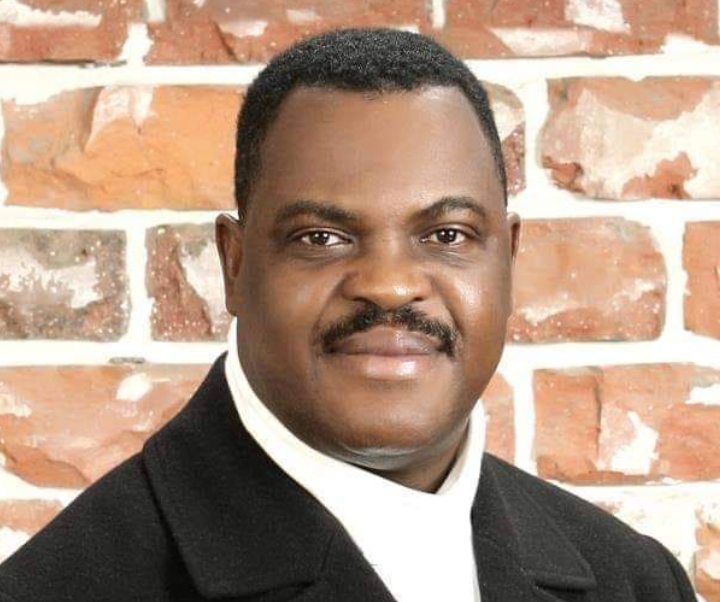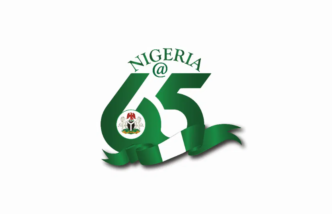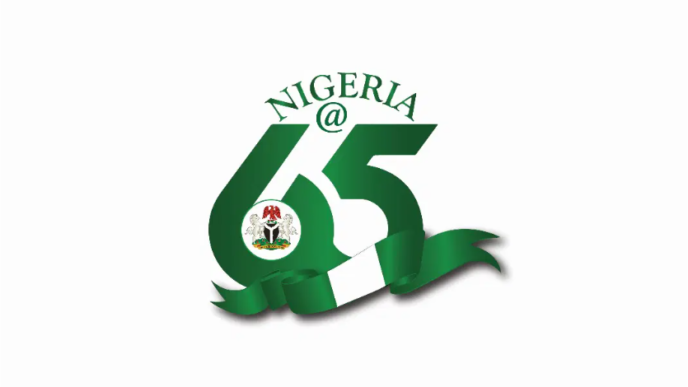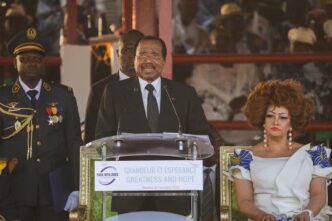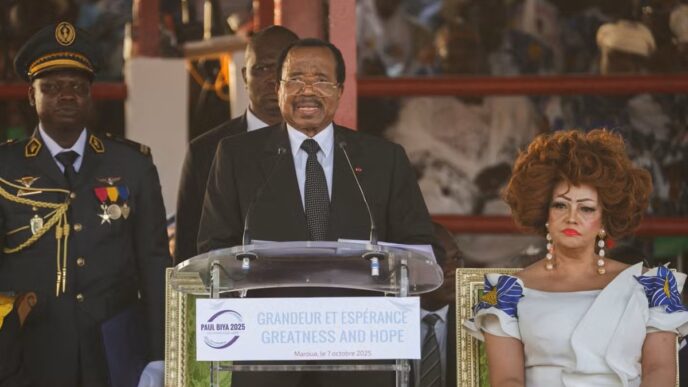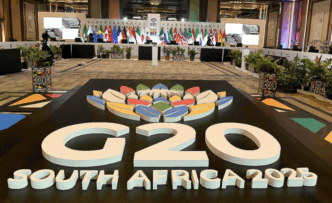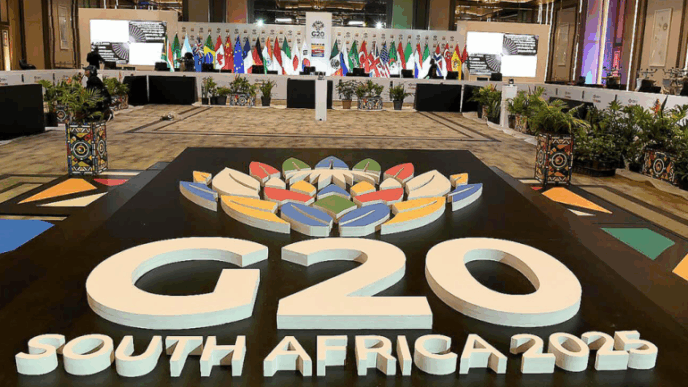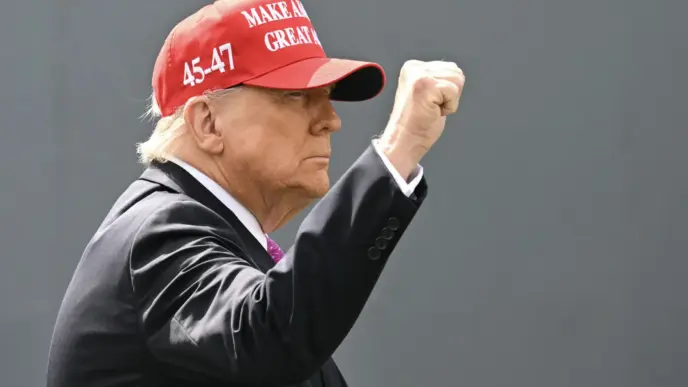In every authentic democracy, the right to vote is not a privilege bestowed sparingly but a sacred covenant between the citizen and the state, a mechanism through which the governed shape the destiny of their nation.
It is this bond that transforms a citizenry from passive subjects into active architects of their collective future. Yet, despite Nigeria’s claim to democratic maturity, one glaring lacuna persists: millions of Nigerians in the diaspora remain disenfranchised, silenced at the ballot box, and excluded from the nation’s most consequential civic ritual.
The Global Context: Nigeria’s Democratic Deficit
The global consensus is unmistakable and resounding: enfranchising citizens abroad is not a privilege but a democratic necessity. As of 2020, 141 nations across the world have instituted provisions for their citizens overseas to vote from abroad. Within Africa, 37 out of 54 countries have already embraced this principle, affirming that migration does not extinguish citizenship but rather enriches it. From Ghana to South Africa, from Mozambique to Senegal, forward-looking African governments have acknowledged that their diasporas are not disconnected expatriates but dynamic agents of national development.
Europe has taken this inclusivity even further. The European Union ensures that citizens of one member state residing in another can cast ballots in both local and parliamentary elections. This measure strengthens not only democracy but also social cohesion across borders.
The United States stands as another prime example: since 1975, federal law has required every state to provide absentee ballots for citizens overseas, ensuring that businesspeople, diplomats, scholars, and service members remain integral to the democratic process. History itself bears testimony: under Emperor Augustus (27 BC – AD 14), even Roman soldiers and administrators stationed in distant provinces were empowered to cast sealed votes, underscoring the eternal principle that citizenship follows the citizen.
By contrast, Nigeria, after nearly seven decades of independence, remains glaringly behind, shackled by constitutional inertia and political hesitation. To persist in this denial is not only a democratic shortcoming but an economic and moral tragedy. Our diaspora remits over $24 billion and spends over $45 billion annually, a sum greater than foreign direct investment and vital to our national economy. To silence their political voice while harvesting their economic contributions is profoundly unjust and shortsighted.
World leaders have long recognised the importance of diasporas. Former United Nations Secretary-General Ban Ki-moon affirmed, “Diasporas make an essential contribution to development. They build bridges between countries of origin and countries of destination.” Likewise, Nelson Mandela once declared, “Freedom is meaningless if people cannot participate fully in the democratic process.” These words echo the urgent truth: the Nigerian diaspora, with its vast intellectual capital, global networks, and economic strength, must be enfranchised if Nigeria is to advance as a modern democracy.
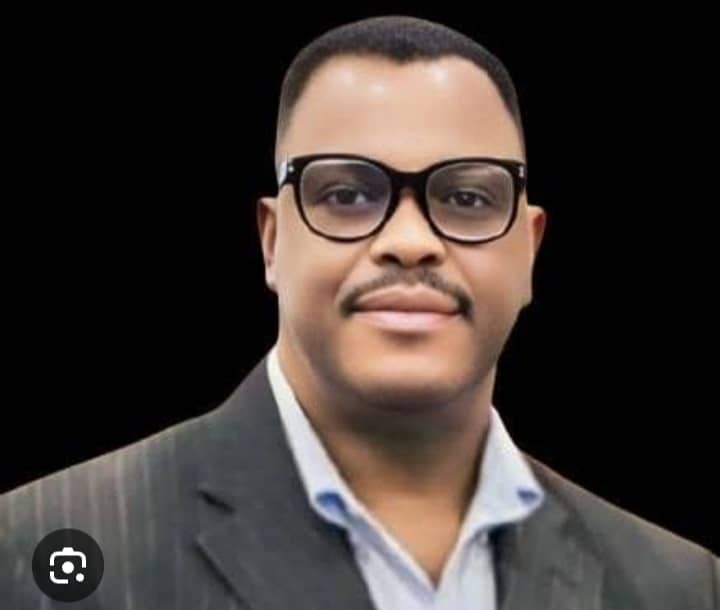
Sacred texts also uphold this principle of inclusivity. The Bible reminds us in Proverbs 11:14, “Where there is no guidance, a people falls, but in an abundance of counsellors there is safety.” The diaspora constitutes an abundance of counsellors, dispersed yet committed, capable of offering wisdom and perspective from across the globe. The Qur’an likewise enjoins justice and fairness, declaring in Surah An-Nisa (4:135): “O you who have believed, be persistently standing firm in justice, witnesses for Allah, even if it be against yourselves or parents and relatives.” Justice demands that Nigeria’s millions abroad, whose sacrifices sustain families and fuel national growth, must not be excluded from the justice of political participation.
Nigeria’s democracy cannot afford to remain a closed circle while the world opens its arms to its sons and daughters abroad. Diaspora voting is not merely about ballots; it is about belonging, justice, and national renewal. It is about unleashing the transformative potential of Nigerians abroad to guide, invest, and inspire at a time when the nation desperately needs every voice and every vision.
Why Reform is Urgent
Free, fair, and credible elections remain the defining measure of democratic health. Yet Nigeria’s electoral system continues to falter under the weight of fraud, voter suppression, logistical breakdowns, and waning public trust. Around the world, reform has been the antidote to such dysfunction. Nations that once struggled with fragile electoral systems, such as India and Brazil, embraced innovations like biometric authentication, electronic transmission of results, and secure diaspora voting mechanisms to restore faith in their democracies. These reforms demonstrate that the quality of elections improves not by preserving outdated methods but by boldly adapting to global best practices.
In countries like Mexico and the Philippines, electoral commissions have actively partnered with diaspora organisations to design transparent overseas voting systems that both protect ballot integrity and encourage participation. Similarly, South Korea has integrated digital platforms that allow its citizens abroad to monitor and verify aspects of the voting process in real time, thereby increasing transparency and accountability. These comparative models illustrate that diaspora engagement, when properly structured, can become a catalyst for strengthening rather than weakening electoral institutions.
Nigeria is not without the tools to achieve such reform. The Bimodal Voter Accreditation System (BVAS) already demonstrates a step toward modernisation, but its potential has yet to be fully harnessed. The country could draw from global innovations by piloting secure postal voting in select missions abroad, introducing encrypted electronic ballot transfer systems, and empowering independent electoral monitoring by civil society groups in diaspora communities. Such approaches would not only enfranchise millions but also serve as confidence-building measures for citizens at home, proving that Nigeria can deliver credible elections in both domestic and international contexts.
What is lacking, therefore, is not the capability but the courage to align with the global democratic trajectory. Reform requires constitutional amendment, legislative foresight, and executive will, but it also demands recognition of the Nigerian diaspora as stakeholders in the nation’s destiny. To delay such a change is to allow Nigeria to remain an outlier in a world where nations increasingly view their citizens abroad as indispensable partners in governance and development. Reform is urgent because democracy thrives only when every citizen, wherever they reside, can both contribute and be counted.
Constitutional Shackles and Legislative Betrayal
At the heart of Nigeria’s disenfranchisement lies the structural misalignment between the 1999 Constitution (as amended) and the Electoral Act. Section 77(2) of the Constitution binds the right to vote to physical residency, while Section 12(c) of the Electoral Act further entrenches this outdated limitation. Such provisions are anachronistic in an age of digital globalisation, where secure electronic suffrage has become a global norm. Kenya, with fewer technological resources and far leaner infrastructure, enfranchises its diaspora, as do nations like Cape Verde and South Africa. That Nigeria, Africa’s largest democracy and the continent’s economic powerhouse, remains trapped in legislative inertia exposes not incapacity but a deliberate refusal to modernise.
This inertia is not accidental. The fault lies squarely with Nigeria’s political leadership. The legislature, constitutionally empowered to enact transformative reforms, has too often degenerated into a rubber-stamp assembly, beholden to the whims of the executive. The oversight function that should checkmate presidential excesses is compromised by patron-client dependencies and partisan loyalties. In the context of diaspora voting, this has meant that every attempt at reform has been suffocated by inertia, manipulation, or indifference. Indeed, as scholars of African governance argue, the postcolonial legacy of executive dominance has steadily reduced parliaments across the continent into mere appendages of the presidency. Nigeria is no exception.
The consequences of this abdication are profound. The legislature, entrusted as custodian of democratic renewal, has instead betrayed its mandate. Its refusal to amend the law is less a matter of oversight and more a testament to the corrosive politics of inaction, financial inducement, and contempt for the diaspora. Lawmakers who should be architects of reform have become gatekeepers of exclusion, reducing Nigeria’s democracy to a shallow ritual of convenience rather than a universal right. Diaspora voting is not a fringe demand; it is a question of dignity, legitimacy, and the recognition of citizenship beyond borders. By denying participation, the National Assembly signals to the world that it fears the judgment of its most educated, cosmopolitan, and globally networked citizens.
Global practice further underscores the bankruptcy of Nigeria’s position. In countries like Tunisia, diaspora representation is enshrined in parliament itself, ensuring overseas citizens not only vote but also legislate. In Italy, Portugal, and France, constituencies abroad have long been recognised as integral to the democratic fabric, strengthening both accountability and international influence. These examples prove that inclusivity fortifies rather than fragments a nation. Nigeria’s refusal to follow suit betrays not logistical concerns but a calculated preference for silencing voices that cannot be bought, manipulated, or intimidated on election day.
The implications for Nigeria’s future are stark. What kind of nation deliberately excludes millions of its brightest and most globally influential citizens from the ballot? Exclusion today breeds alienation tomorrow, and alienation festers into disinvestment, disengagement, and eventual disillusionment. A legislature that cowers from reform not only undermines democracy but squanders national destiny. The time for cosmetic excuses has expired; only bold constitutional amendment and electoral reform can restore Nigeria’s standing among nations that honour, rather than disdain, their diaspora.
INEC’s Failures and the Diaspora’s Imperative: Mobilise or Be Silenced
Even more troubling is the persistent apathy among citizens themselves. The Independent National Electoral Commission (INEC) reopened voter registration ahead of the 2027 general elections, yet alarming waves of indifference continue to plague communities. Too many Nigerians dismiss electoral participation as an inconvenience, ceding their power to politicians who neither reflect their aspirations nor embody their values. This democratic lethargy is a betrayal not only of the present but of future generations. Without registration, there can be no vote; without a vote, there is no voice; and without a voice, Nigerians, both at home and abroad, become mere spectators in their own destiny. INEC’s repeated inability to galvanise civic engagement or ensure that structural obstacles are eliminated only compounds this crisis, raising urgent questions about its mandate and efficacy.
Equally troubling is the dormancy of the diaspora itself. For all its economic power, intellectual capital, and cultural diplomacy, the Nigerian diaspora has too often relied exclusively on advocacy within the homeland, rather than leveraging global influence, building formidable lobbies, or forging transnational alliances capable of exerting meaningful pressure on policymakers. This passivity undermines the very potential that could transform electoral politics, constitutional reform, and diaspora enfranchisement from abstract debates into an actionable reality.
The call to action is undeniable. The diaspora represents one of the most educated, globally networked, and economically vibrant populations in the world, yet its political mobilisation lags far behind its tangible impact. Rights are not granted on silver platters; they are wrested through persistence, unity, and sustained agitation. Every Nigerian abroad who fails to register, organise, or demand inclusion contributes inadvertently to a cycle of disenfranchisement. The time has come for the diaspora to step beyond observation, to claim its voice, assert its influence, and demand that INEC and the political class recognise that citizenship transcends borders.
Executive Action, Diaspora Enfranchisement, and the Final Frontier of Democratic Courage
Repeated failures at constitutional amendments to enfranchise Nigeria’s diaspora reveal not mere oversight but a troubling betrayal: the legislature clings jealously to its narrow privileges while denying the nation the expansive strength of its global citizens. Successive administrations, too, have treated the issue with cowardly evasion or hollow promises that evaporate into the stale air of inertia. Such indifference is unforgivable. No republic can claim democratic integrity while willfully muting the voices of millions whose remittances sustain households, whose intellect shapes global industries, and whose patriotism remains unbroken by distance. To silence the diaspora is to fracture the nation’s soul.
The executive, entrusted with the mantle of vision and courage, has equally shirked its duty. In a democracy that proclaims itself Africa’s largest, there is no coherent justification for refusing to champion diaspora suffrage. Leadership demands boldness, not platitudes. When President Donald Trump signed the Executive Order Preserving and Protecting the Integrity of American Elections on 25 March 2025, whatever one’s politics, he demonstrated that executive power can act where legislatures stumble. The Nigerian presidency, by contrast, has hidden behind constitutional technicalities, offering tepid rhetoric in place of decisive action. Such hesitation diminishes not only the state but the very essence of the office itself.
The time for excuses has expired. In the face of legislative paralysis and a parliament ensnared by partisanship and patronage, Nigeria’s President must rise with the authority of an Executive Order. Precedent across the world affirms that when parliaments fail, executives intervene to safeguard democracy’s core. An Executive Order for diaspora voting would not only affirm belonging and dignity but also ignite the momentum for lasting reform. It would send a thunderous message that Nigeria values all her children, whether at home or abroad, and that no distance can dilute citizenship. History will not remember timid presidents who recited excuses; it will honour those who dared to expand the frontiers of freedom.
Conclusion
Above all, the sanctity of elections must be defended as the very soul of the nation. Transparent, verifiable, and incorruptible mechanisms are not luxuries; they are the sinews of legitimate governance. To deny diaspora Nigerians their rightful voice is to fracture the moral foundation of democracy itself, inviting the world to question whether Nigeria honours the principles it professes. This is not a matter of procedure; it is a question of national dignity, of whether a nation can claim legitimacy while silencing those who sustain it from afar.
The moral and constitutional burden rests squarely upon the shoulders of Nigeria’s leaders. Without decisive amendment of Section 77(2) of the 1999 Constitution, without reform of the Electoral Act, diaspora enfranchisement will remain an elusive dream. Without executive resolve to act boldly, through directives or Executive Orders, empty rhetoric will continue to masquerade as reform. And without the relentless activism of citizens, at home and abroad, the machinery of democracy will remain clogged by inertia, self-interest, and expediency, condemning generations to a cycle of disenfranchisement and disillusionment.
Diaspora voting is neither charity nor concession; it is justice long postponed, a moral imperative that demands recognition, respect, and reclamation. It is a summons to courage, to unity, and to relentless advocacy. Nigeria’s future, and the integrity of its democracy, hang in the balance, and those who heed this call have the opportunity to transform absence into agency, silence into voice, and deferred justice into triumphant realisation. The time for hesitation has passed; the epoch of decisive action is now.
Written by Professor Mondy Gold, MPA, CFP, PhDs, FCILG, FEBS.


 Trending
Trending 
